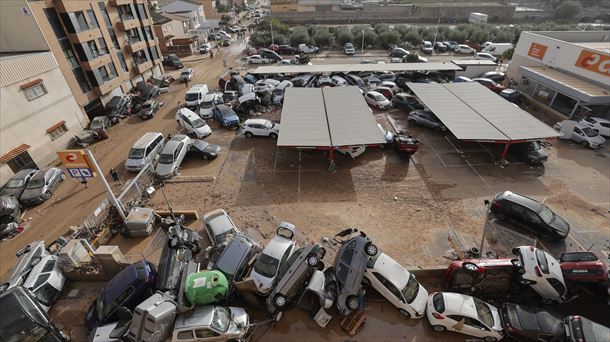Despite the economic, high inflation and flooding of the century, the city of Vienna has completed the 2024 financial year better than originally expected. The invoice published on Wednesday shows a deficit of 1.77 billion euros – around 470 million euros less than estimated.
The Rathausspitze said it was possible to significantly reduce the new debt because of “foresighting and liquidity -saving security measures”. In general, the financial debt of the city is 11.9 billion euros – with a balance sheet asset of 37.8 billion and reserves of 1.4 billion euros. The net assets of Vienna improved by 1.1 billion euros.
But even if the conclusion of 2024 is relatively light, experts warn a much more difficult next year. According to the current prediction, a budget hole of a maximum of 3.8 billion euros in 2025 – more than a billion more than originally planned. The explanation of measures have not yet been mentioned.
Focus costs: Social Affairs, Health, Education
Of the total of 19.9 billion euros that were paid in 2024, the majority flowed to areas that are essential for the quality of the city’s life:
-
3.3 billion euros was used for social affairs,
-
3.1 billion for health,
-
2.6 billion for education,
-
1.2 billion euros each for childcare and public transport.
In total, these core areas formed more than half of all editions.
Investments against the recession
Parallel to the current expenditure, the city invested strongly last year: 3.7 billion euros flowed to construction projects, infrastructure and energy transition – of which 2.3 billion exclusively via the magistrate. The Vienna Stadtwerke contributed 700 million euros, especially for climate -relevant measures with a view to the goal of climate neutrality by 2040.
Labor market defies the crisis
Despite the tense economic situation, Vienna was able to record a record work in April 2025: more than 933,000 dependent employees were registered – an increase of 1.1 percent in the annual comparison. In the Austria the value stagnated at 0.0 percent. The unemployment rate was also under the pre -crisis level of 2019 at 11.5 percent.
Political aftermath follows
The debate about the 2024 invoice is still being dealt with in the Vienna City Council. Due to the April elections, the city parliament is not yet formed – the budget debate is expected to take place at the end of June. Until then, the financial department will remain temporarily in the hands of Christoph Maschek, the previous financial director.
Whether and how to respond to the approaching billion dollars in the coming years will depend considerably on the current coalition negotiations between the Spö and Neos. Until now, no concrete cuts have been announced. But the call for structural consolidation is getting louder.
Source: Krone
I am Ida Scott, a journalist and content author with a passion for uncovering the truth. I have been writing professionally for Today Times Live since 2020 and specialize in political news. My career began when I was just 17; I had already developed a knack for research and an eye for detail which made me stand out from my peers.



